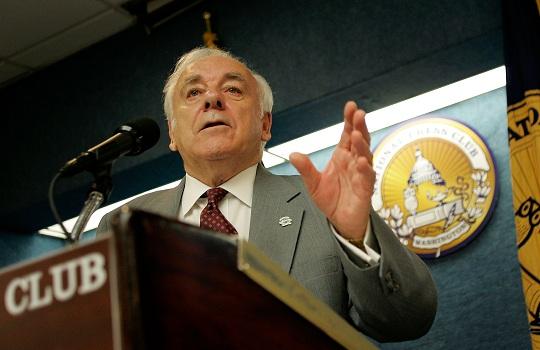Whistleblowers serve private and public interests when they raise concerns about wrongdoing but how do we recognise those who choose to come forward? Should we offer financial rewards or awards of a different nature?
Policies and procedures for whistleblowing are becoming increasingly common in both the public and private sector. In the UK we tend to shy away from incentivising the people who speak out – often those reporting concerns will go through a hard time despite doing the right thing.
Last year a Whistleblowing Commission established by Public Concern at Work did not recommend the introduction of financial rewards or incentives for whistleblowing. It said rewards:
- Are inconsistent with the culture and philosophy of the UK
- Undermine the moral stance of a genuine whistleblower
- Could lead to false or delayed reporting
- Could undermine credibility of witnesses in future criminal or civil proceedings
- Could result in the negative portrayal of whistleblowers
- Would be inconsistent with current compensatory regime in the UK
There are examples of financial rewards or incentive programmes in the US. These provide whistleblowers with a percentage share of fines or penalties. In the UK, the Financial Conduct Authority stated in their response to the Parliamentary Commission on Banking Standards that they have concerns about the impact of incentivising whistleblowers.
There are currently a number of discretionary reward mechanisms operating in the UK, including via the police, the Office of Fair Trading and Her Majesty’s Revenue and Customs. However, there appears to be no information published about the value or the numbers of rewards or the criteria used.
Rewards may well incentivise those who would not normally speak out. However, they may also encourage individuals to raise a concern only when there is concrete proof and money is available. Undoubtedly, it is more difficult to use rewards where the wrongdoing relates to health or care rather than financial matters. As pointed out by the Whistleblowing Commission, there is no reason why whistleblowers should not be recognised and rewarded via remuneration structures, promotion or other recognition mechanisms, including by society at large such as the honours list.
I prefer an award to a reward system. Rewards may be complicated to administer if they are tied to a percentage of financial savings made or fines levied. The primary purpose of awards would be to recognise the courage of the disclosure and they could be non-financial. Awards could be funded via a variety of sources, although the establishment of a state scheme would demonstrate publicly that whistleblowing is both necessary and valued in a democratic society.
We are trying to do just that with the annual Middlesex University Whistleblowing Award. It recognises an individual or organisation for outstanding achievement in making a disclosure of information in the public interest. The winner receives the opportunity to give a talk to raise awareness of the importance of speaking out against wrongdoing.
Last year Care Quality Commission (CQC) whistleblower Amanda Pollard received the award. She was one of the key figures in exposing serious wrongdoings within the CQC – the national healthcare regulator – and the NHS, particularly in relation to the poor level of patient care at Mid Staffordshire Hospital.
Anyone can nominate an individual or organisation for the 2014 award. Nominations should be made by email to d.b.lewis@mdx.ac.uk by 31 March. The winner will be determined by a panel consisting of five members of the International Whistleblowing Research Network. The award will be presented at Middlesex University in June.






One Response
Parochial prize
I should point out that application for the award is restricted to residents of the UK, since Prof Lewis joins DeLoittes, Ernst&Young, PricewaterhouseCoopers, Telstra, both Ministers and their shadows for portfolios of Health and Communications, Attorneys General, Monash Uni's Centre for Ethics, Aust Federal Police, the Telecommunications Industry Ombudsman, the ACCC & ACMC & ASIC …..amongst others in not wanting to know what the ex-convicts are up to down under. Geoff Kirwood, Melb Australia